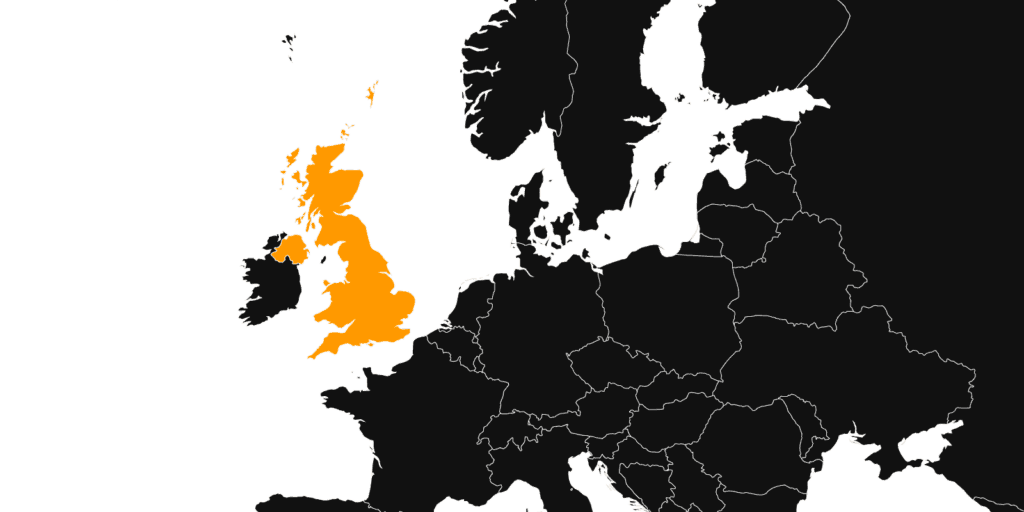
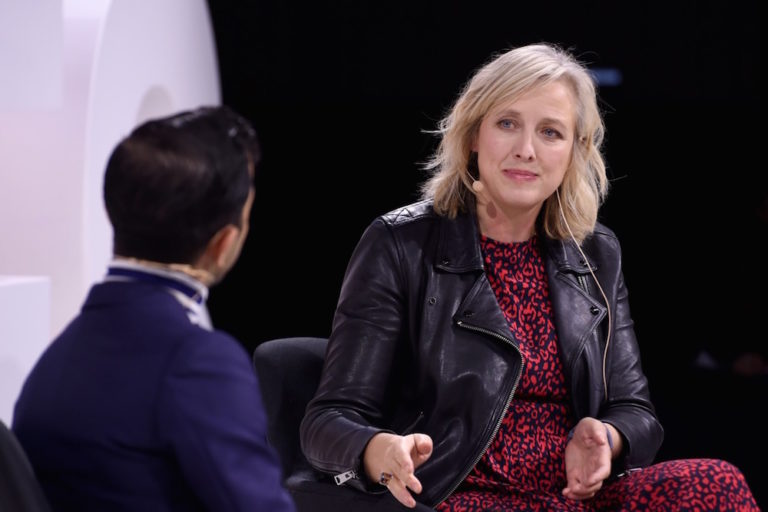
Free expression groups call on Arron Banks to drop SLAPP lawsuit against journalist Carole Cadwalladr
The groups consider Banks’s case to be an example of a Strategic Lawsuit Against Public Participation (SLAPP), as it is vexatious in nature and intended to silence Cadwalladr’s investigative journalism.
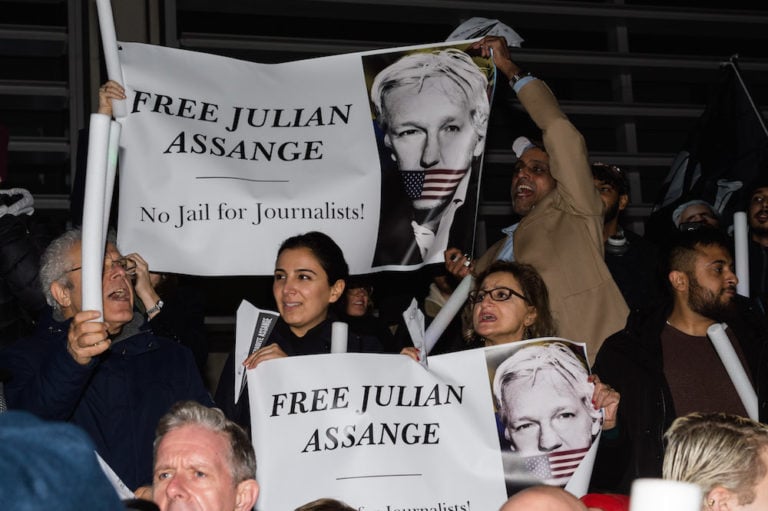
Julian Assange should not be extradited to the United States
At a meeting at the European Parliament in Brussels, IFEX member the IFJ pledged its support to the campaign to prevent the extradition of Julian Assange, saying his arrest constituted an attack on freedom of the press.

Violations of freedom of expression in the Middle East: GCHR and ALQST submission to UK media freedom inquiry
A GCHR and ALQST submission to the UK media freedom inquiry addresses the status of digital rights, violations to freedom of expression and threats posed to journalists, rights defenders and online activists across the Middle East, while providing recommendations to remedy the situation.
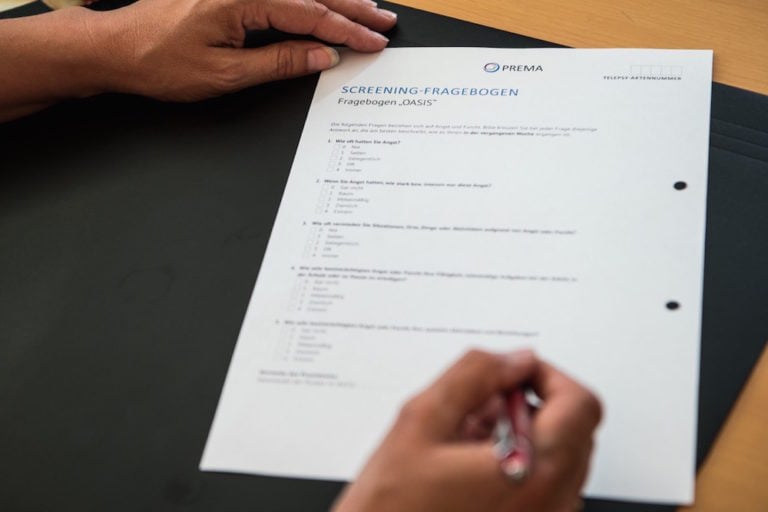
Your mental health is precious, but it’s for sale
Privacy International reveals how popular websites about depression in France, Germany and the UK share user data with advertisers, data brokers and large tech companies, while some depression test websites leak answers and test results with third parties.

UK journalist Owen Jones brutally attacked
Jones, a high profile media figure and activist, was assaulted in London by a group of men whom he believes are members of the far right.

Attack on photojournalist by Bahraini Embassy staff in London condemned
Moosa Mohammed scaled the Bahraini Embassy in London in protest at the impending executions of Ali AlArab and Ahmed AlMalali. Staff at the embassy allegedly beat him and threatened to throw him off the roof.
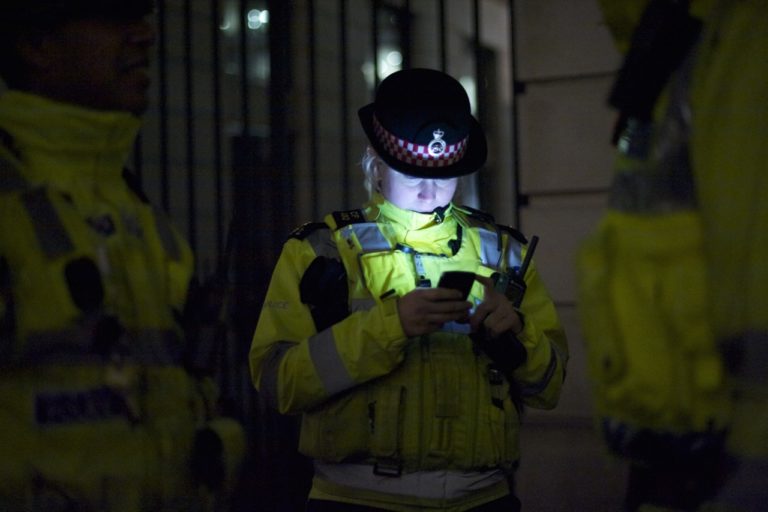
UK: Online harms white paper threatens free expression
The government’s white paper failed to accurately define “harmful” content, which risks sweeping up legal speech, including political expression, expressions of religious views and expressions of sexuality and gender.
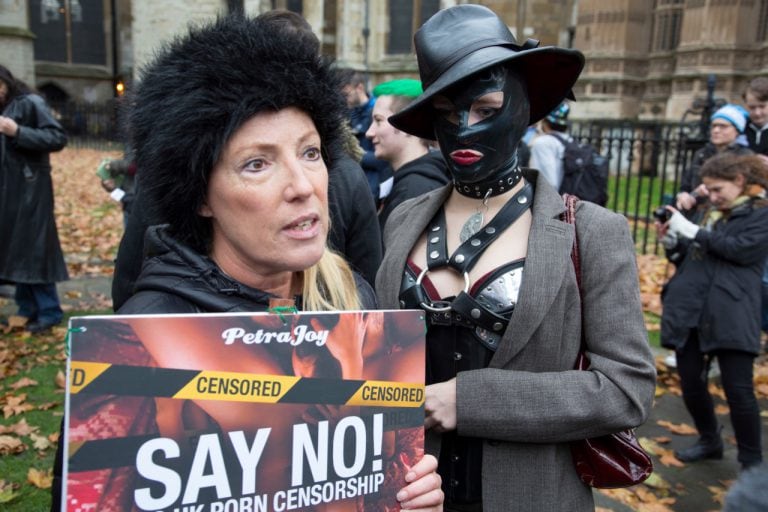
Why is no one talking about the UK’s impending “porn ban”?
A new law has the potential to pose a severe threat to the anonymity of people in the UK.
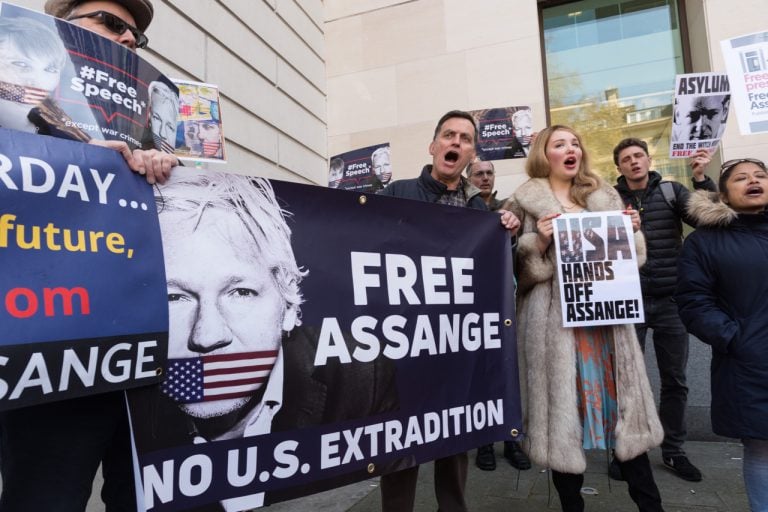
Extraditing Julian Assange to the US could threaten investigative journalism in the digital age
In considering whether to extradite Assange, the UK should also consider the detention conditions he could be subjected to in the US as a person charged with national security crimes.
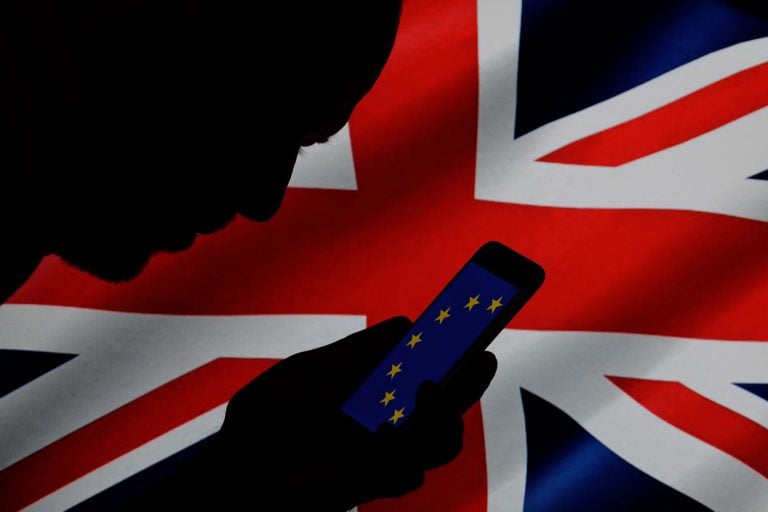
UK government should proceed with care in attempting to tackle “online harms”
The UK government has just released its proposal for tackling “online harms”, including how content on social media platforms should be monitored and regulated.

Gareth Peirce: A profile
Gareth Peirce has spent 40 years fighting to overturn miscarriages of justice, many of which are the result of the over-zealous use of anti-terrorism measures.
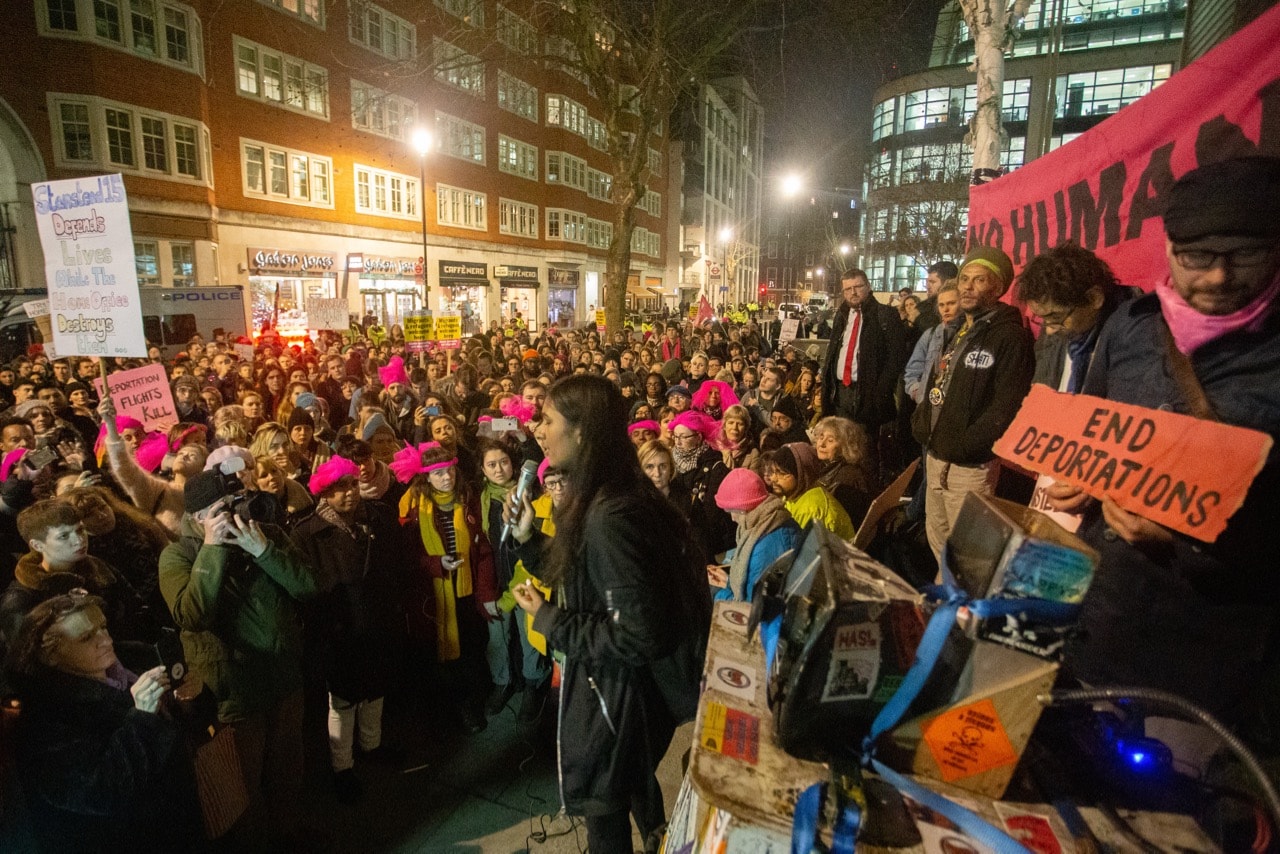
Stansted 15: UK convicts peaceful protesters using anti-terrorism legislation
Fifteen protesters were convicted after they chained themselves around a plane at Stansted Airport in an effort to prevent the deportation of asylum seekers.
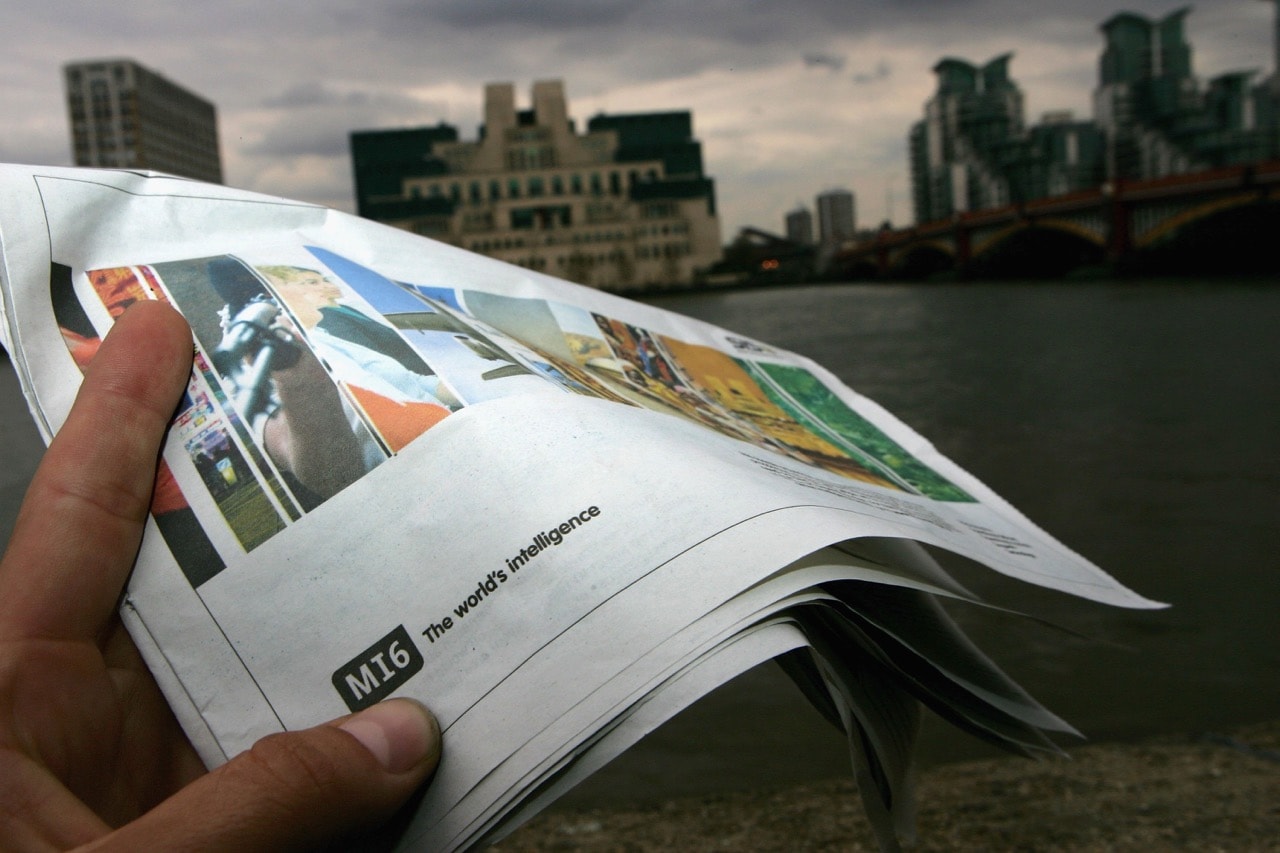
UK intelligence agency admits unlawfully spying on Privacy International
The disclosures about GCHQ, MI5 and MI6 come less than a fortnight after a major UK mass surveillance programme was ruled unlawful by the European Court of Human Rights.

ECtHR: UK mass surveillance violates rights to privacy and free expression
According to the European Court of Human Rights, the UK’s mass interception programme “is incapable of keeping the ‘interference'” with fundamental rights to what is “necessary in a democratic society”.
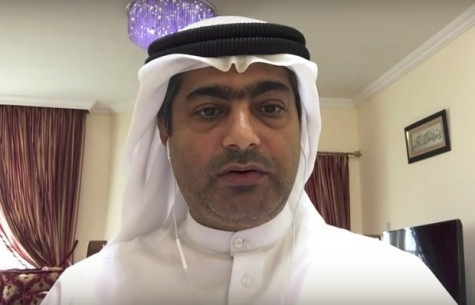
NGOs to Mayor Andy Burnham: Join our call to free Ahmed Mansoor
Over 30 NGOs have asked Manchester’s mayor to support calls for the release of Ahmed Mansoor, by naming a local street after the jailed human rights defender.
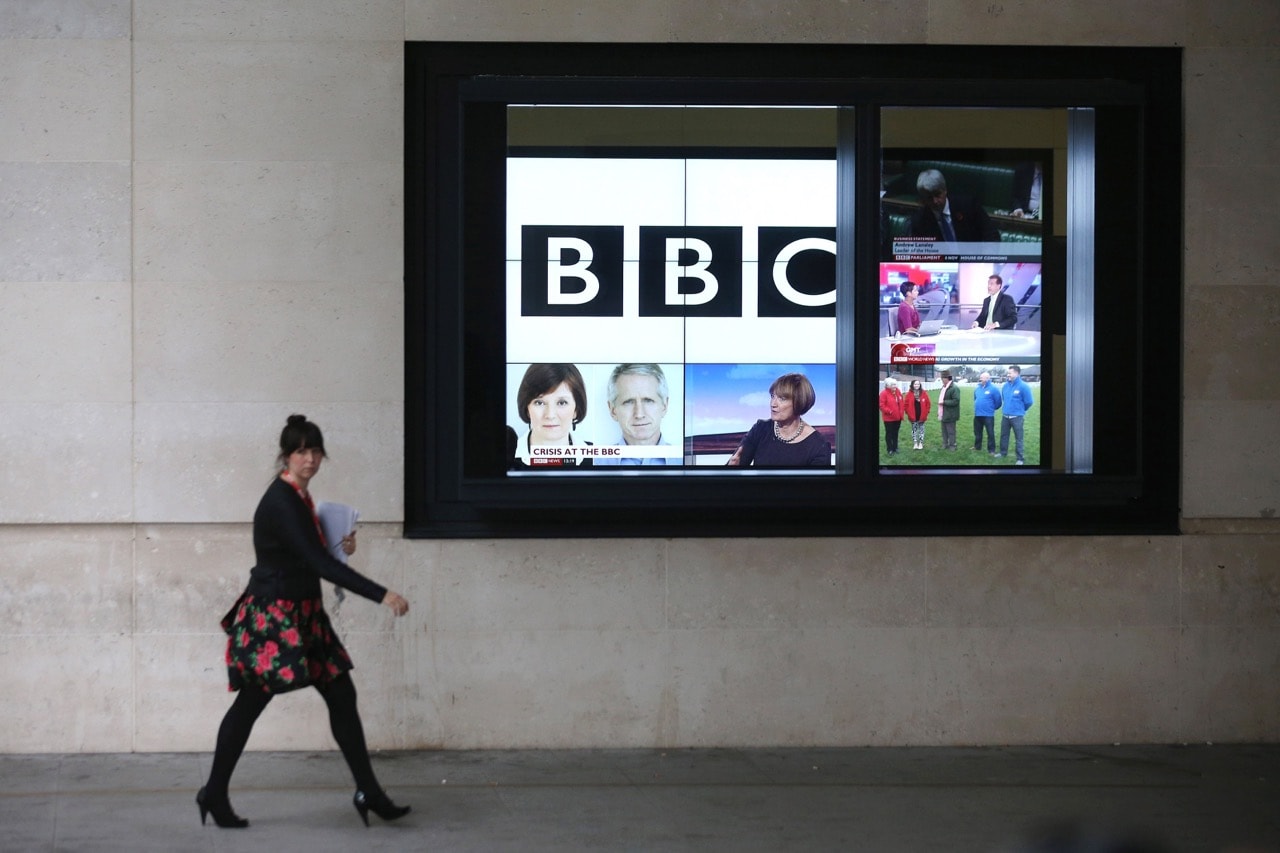
The 50:50 Challenge: Driving greater gender balance at the BBC
Ros Atkins quietly started an initiative to change the gender balance of contributors on his television news programme – now, more than 80 programmes are taking part in the BBC’s 50:50 challenge.